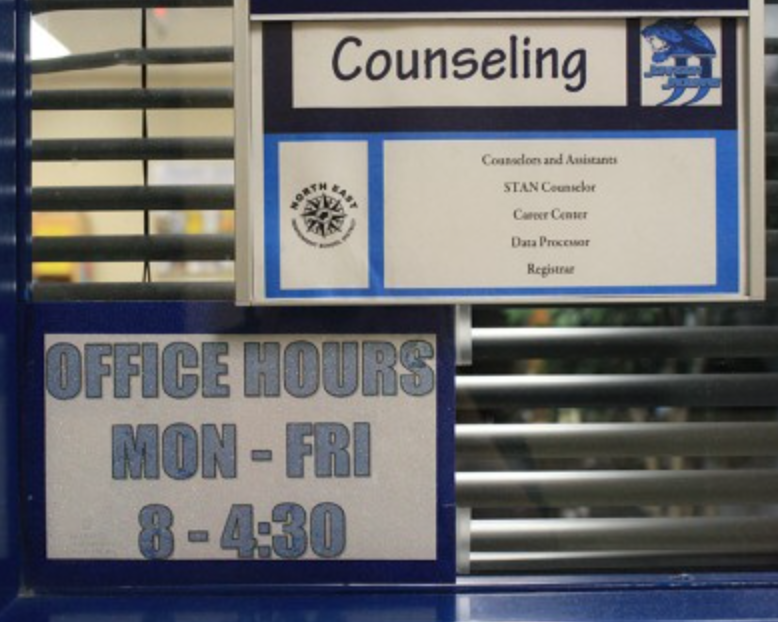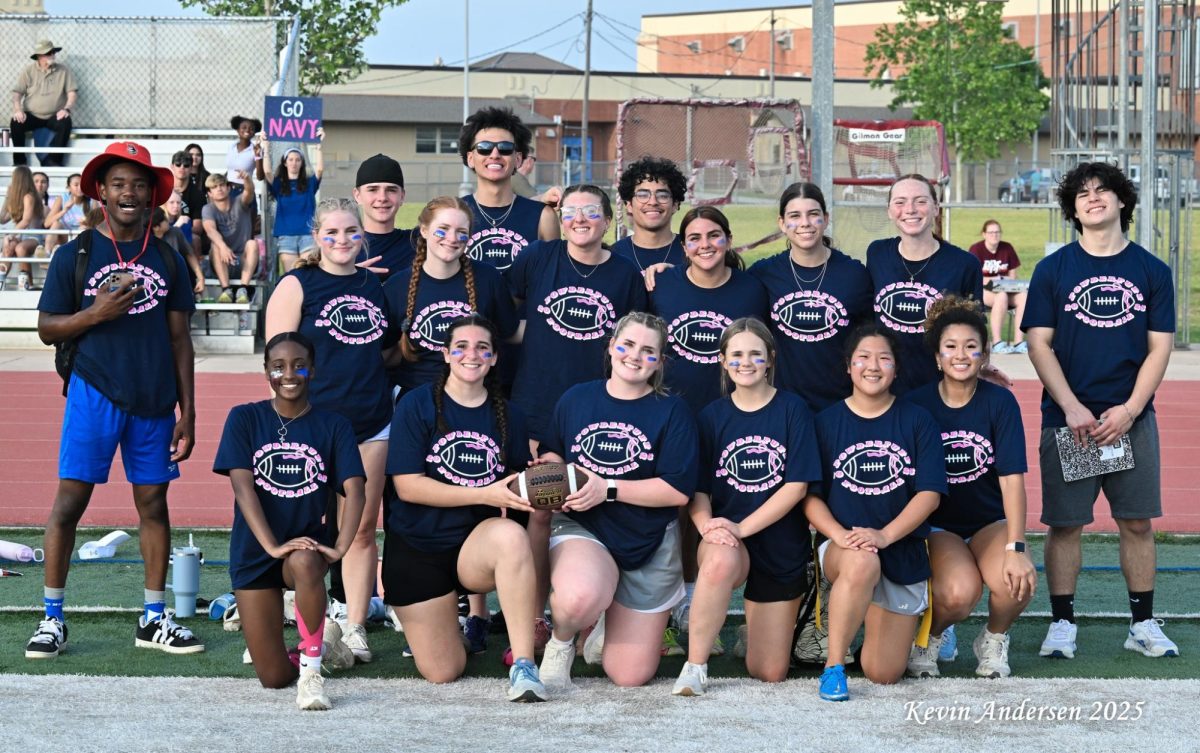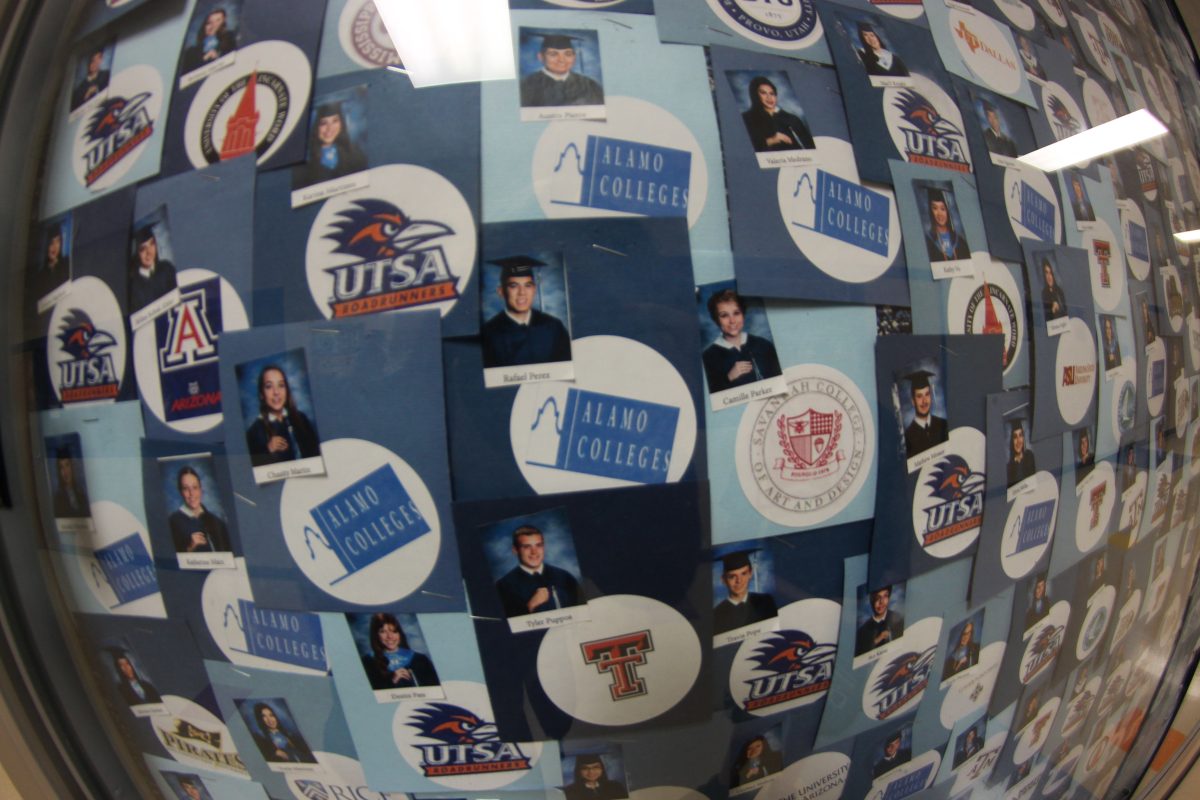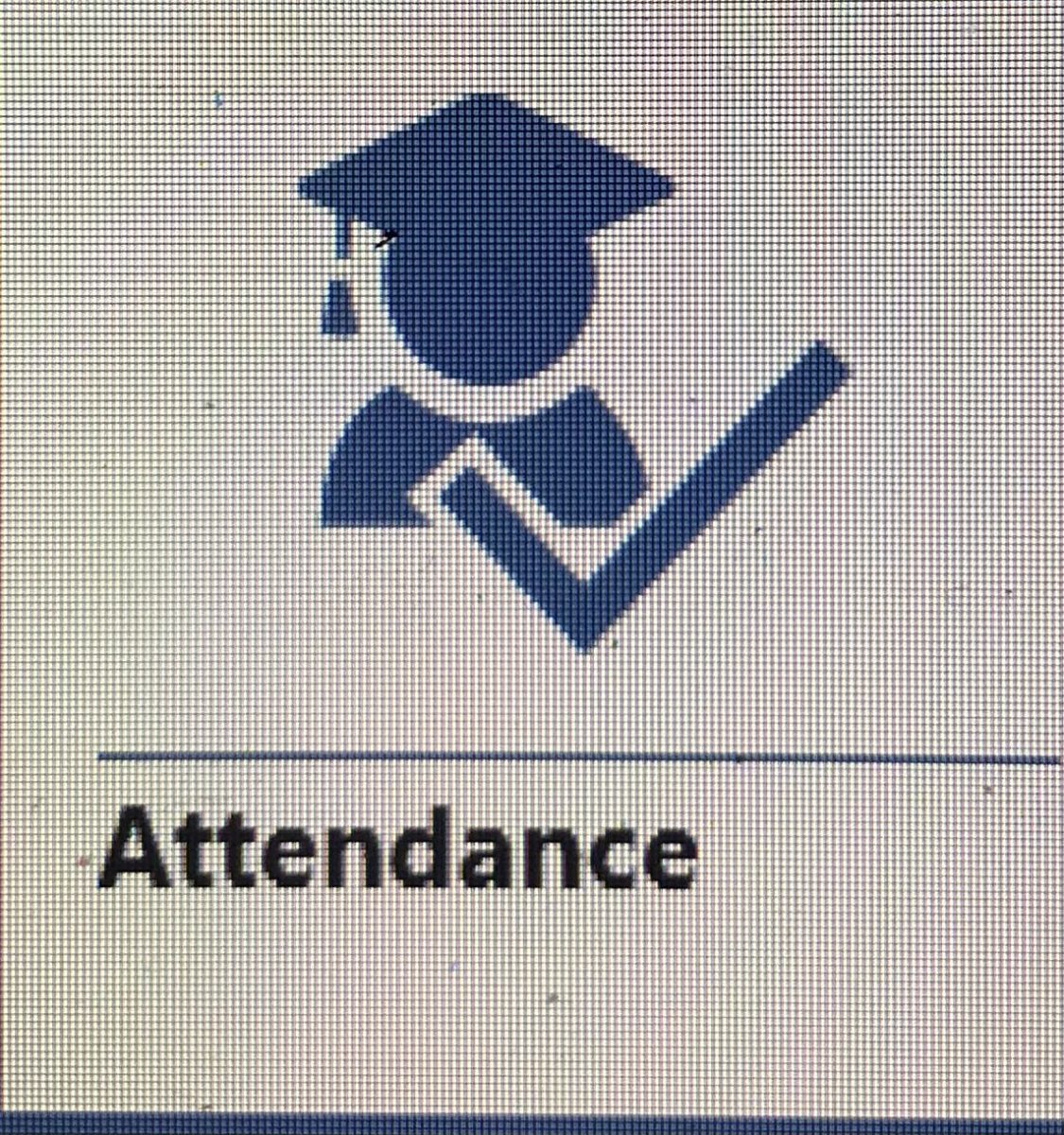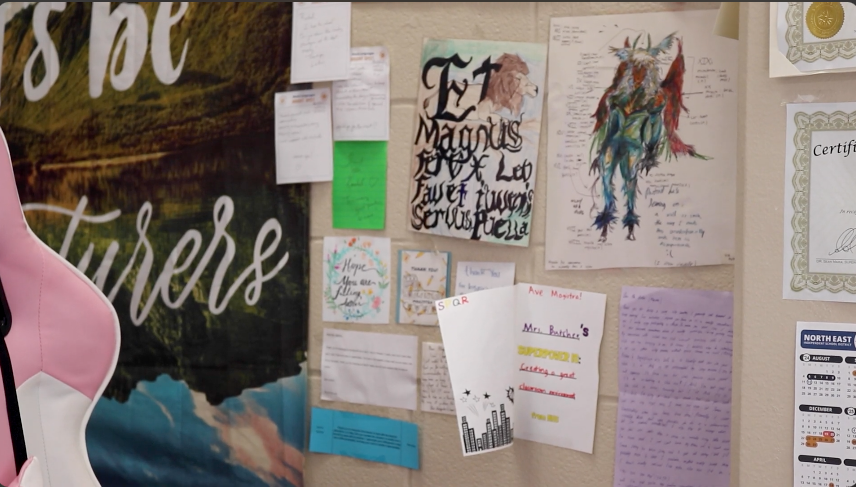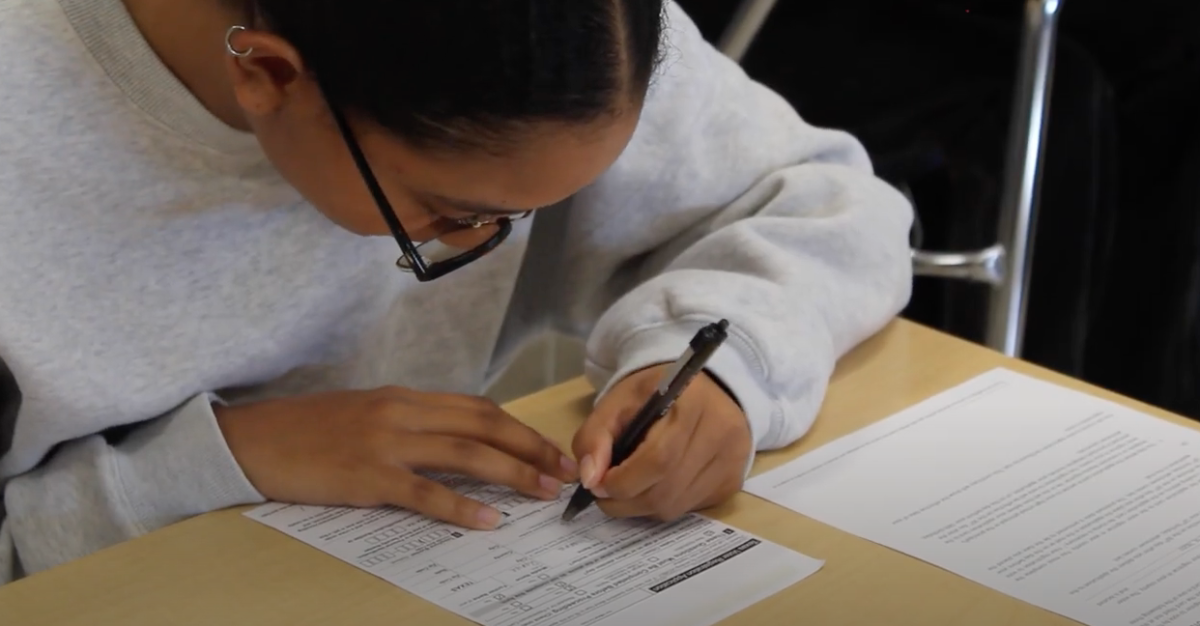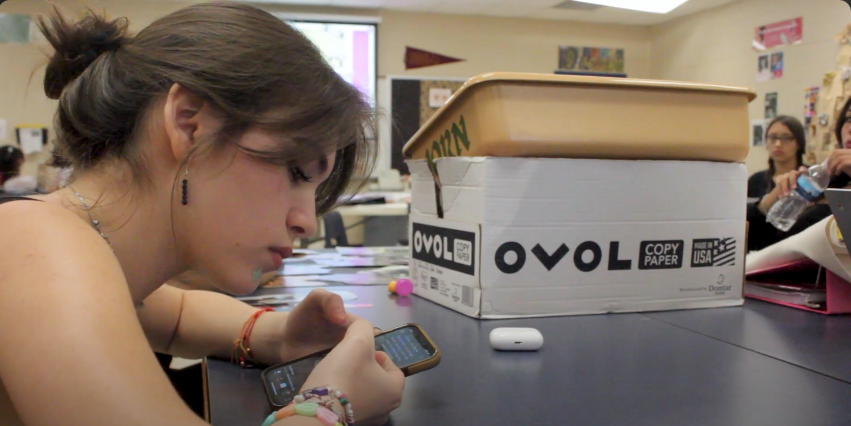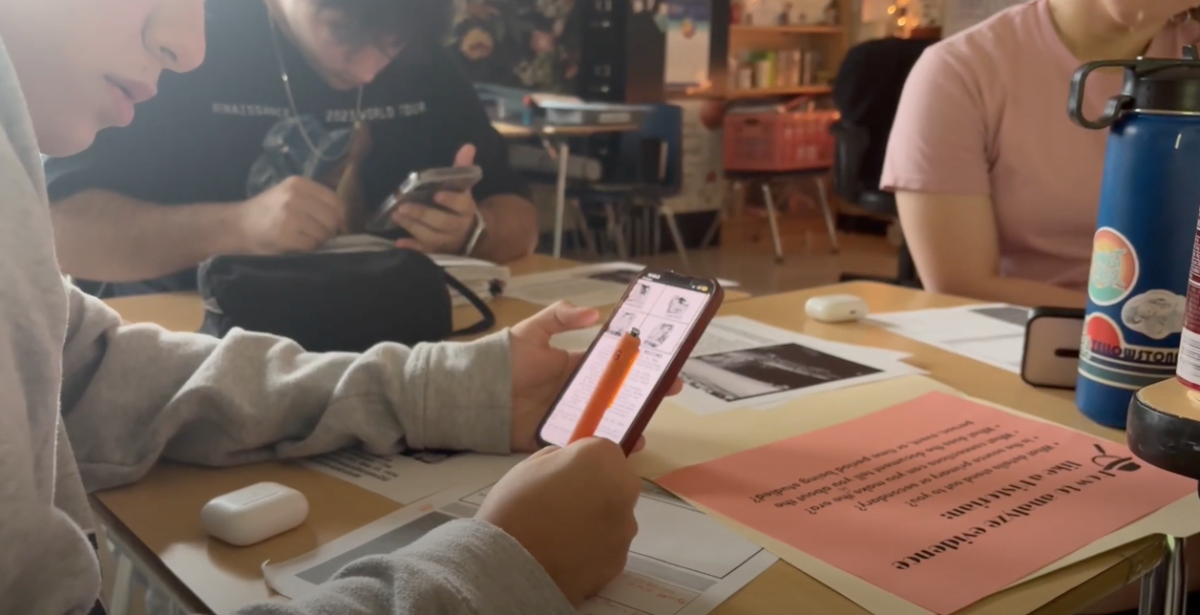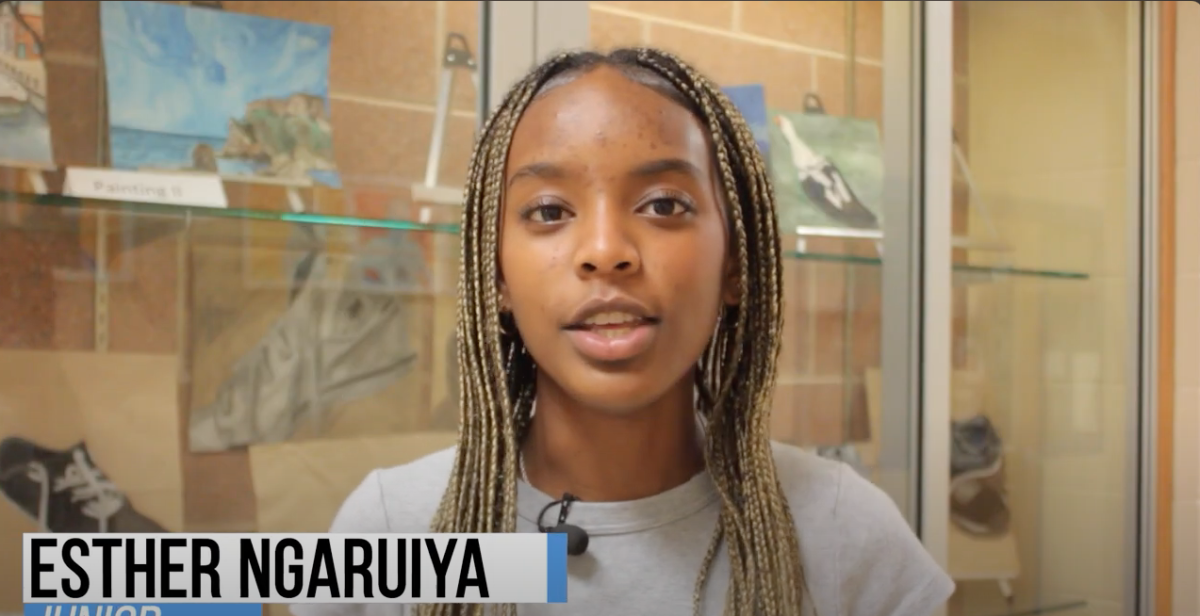by Aleeha Shah | news editor
As the year comes nearer to an end and the next year approaches, the time has come for students to select their courses for the following school year. In the past, this would have been a time when everyone got those huge colored sheets with the course catalog that they had to fill out and have their parents sign. This year, however, there will be no more course cards. Instead, students will have to select their courses online through their Interactive Graduation Plan (IGP) which they can access through the neisd portal.
“We are not getting course cards this year. Everyone will be getting a course selection letter which lists the courses that they selected and put in the IGP. That is what lets them know [which] classes they signed up for,” counselor Patricia Snider said.
Students have met with their counselors, and most of them have already done all four years of the plan, however, if they want to make changes for the courses they want to take in the coming years, they have to click the pencil and edit their courses. There are a few things that students should keep in mind when doing this.
“[Students should] make sure the electives they choose fall under the endorsement that they would like. When they make changes to their IGP plan, they need to make sure that they are not changing anything that would eliminate a course that they would need for their endorsement. They [also] need to be sure that they are challenging themselves by taking pre AP or AP classes if possible. They want to push themselves because the harder and more rigorous they make high school life, the easier college will be,” Snider said.
Because of the new requirement affecting the class of 2018 and under, endorsements play a major role in the courses that students sign up for. The counselors review their courses after submission in order to make sure that the students are following their chosen endorsement. If students are not sure which ones they qualify for, the IGP plan can tell them based on the classes they have inputted.
“It is a graduation requirement. So, we are making sure that [students] have an endorsement they want and they get those electives for that endorsement,” Snider said. “That’s the great thing about the Interactive graduation plan, because it tells the kids if they have everything they need.”
Some classes that students may want to sign up for have gone through changes this year and will be different next year. Students must keep this in mind if, for example, they think they will be taking a semester course, but it is now a full year course.
“Several classes that used to be semester classes are now going to be full year classes. For example, medical terminology was a semester class, and now it is a full year class. Entrepreneurship was a semester class but is now a full year class. Child development is now going to be a full year class,” Snider said. “All of those used to be semester classes. Pathophysiology [is another one], we used to do a semester of that and a semester of medical microbiology, we are not longer going to have pathophysiology and medical microbiology will be a full year class.”
All students must select their courses by Feb. 9. After this date, the computer will lock them out and changes can only be made by speaking to the student’s counselor. The very last deadline to make any changes to their schedules is the last day of school, june 1st. After this students will no longer be able to make changes to their schedule. The counselors will then begin the scheduling process, which starts with the computer.
“Our computer will take 3100 kids times seven classes divided by sixty three and a half teachers. The way the it works is there are some courses that take preference because of the time of the day, like band, some of those kind of things that have to happen early in the day or have to happen late in the afternoon. Those classes start the whole process and then the computer sorts it out based on need of the kid. It is a complicated process,” assistant principal Stuart Guthrie said.
If a student has scheduling conflicts, the computer will not pick it up, and the counselors will have to go and do it manually. This is the case if a student wants to take a specialized class that might only be offered during one specific period.
“Once we get about ninety percent of the classes scheduled, then we will ‘hand schedule’. That is where you take , like for example if a student has a conflict, say they have a real specialized language class like a fifth year AP level german but we only have it offered first period and they’re in band. For that situation, the counselor would have to talk with the student and see if we can find some different kind of way to do it, maybe put them in a different class, then we have to hand sort all of those,” Guthrie said. “ A lot of it goes to what the student selects and what availabilities we have. The computer sorts it out.”
Although counselors are very precise and put in a lot of work into creating student’s schedules, sometimes, they encounter problems and a student may end up with a hole in their schedules. This, however, is very rare, and if a hole is present it is usually dealt with before the first day of school.
“This is how hard our counselors work. They do what’s called ‘six by’ schedules. They have this printout that has six schedules on one piece of paper, so that might be you and five of your peers that are alphabetically similar to you. They will look at all 310 kids’ schedules six at a time and they will look for holes. When holes happen that schedule goes to the side. Then they have to go hand schedule. They have to go look and see ‘ok this kid hasn’t had all their fine arts [electives],’ as they see if they can put him into an art class. Well that art class is filled up, well he also needs to have speech, health, whatever. Then they just hand schedule those in,” Guthrie said. “When school starts, very very few kids still have a hole in their schedule because they get those fixed up before the first day of school, but it’s a lot of intensive one on one counselor type of stuff.”
Making schedules is very time consuming and is a lot of work for Guthrie and the counselors. Because of this, it is very important that students are careful when making their course selections, as it will make the process easier. At the end of the day, they do the best they can do ensure students are happy with their classes.
“It is impossible to get everybody the exact schedule that they want, we always give them the exact schedule that they need. Sometimes you have to borrow spots, and sometimes a student may not take a class this year or this semester and take it the following year or the following semester because the schedule doesn’t work out,” Guthrie said. “It is not a perfect system because of the limited resources, but I think by and large the counselors do a really great job at getting all those holes filled. It’s tough but I think we do the best we can.”


